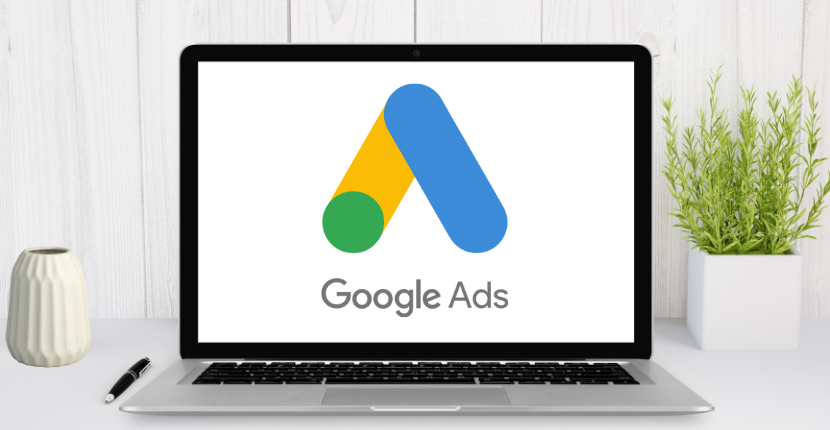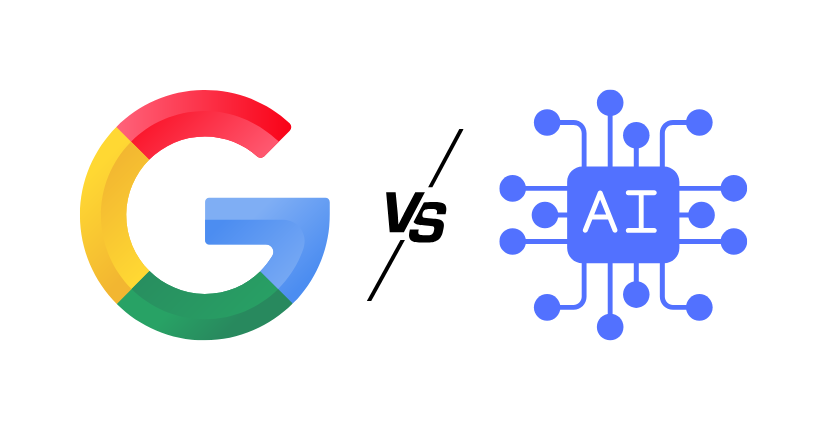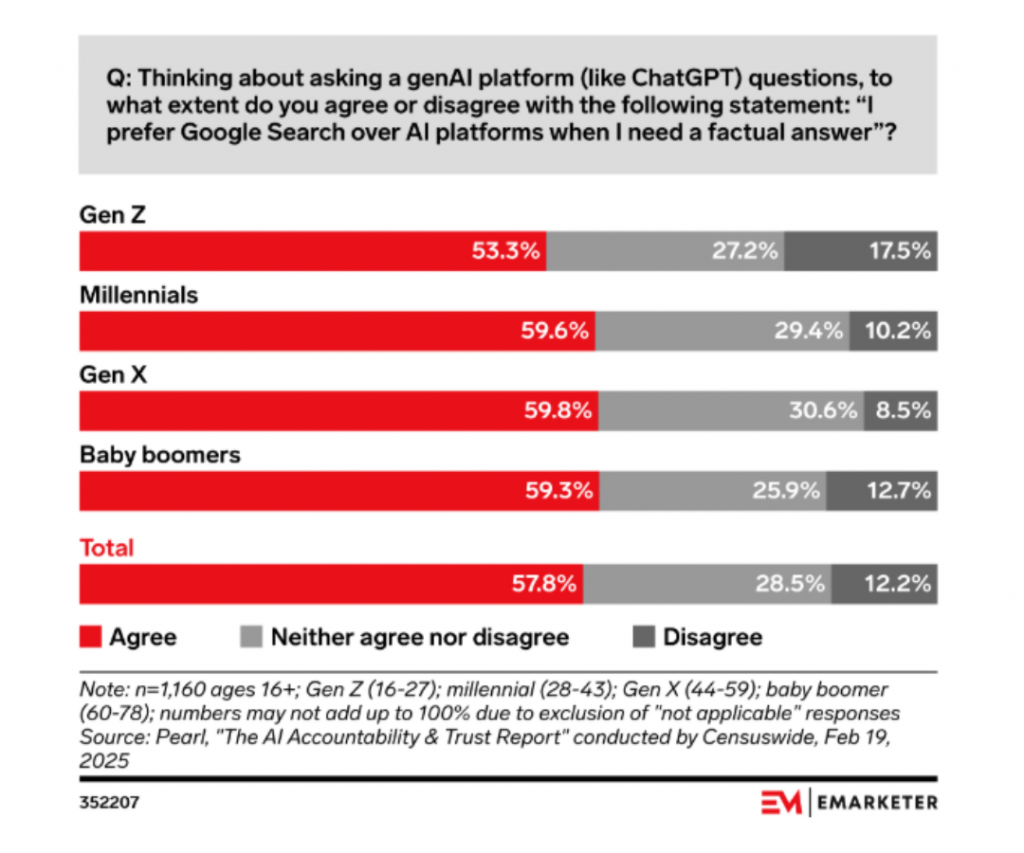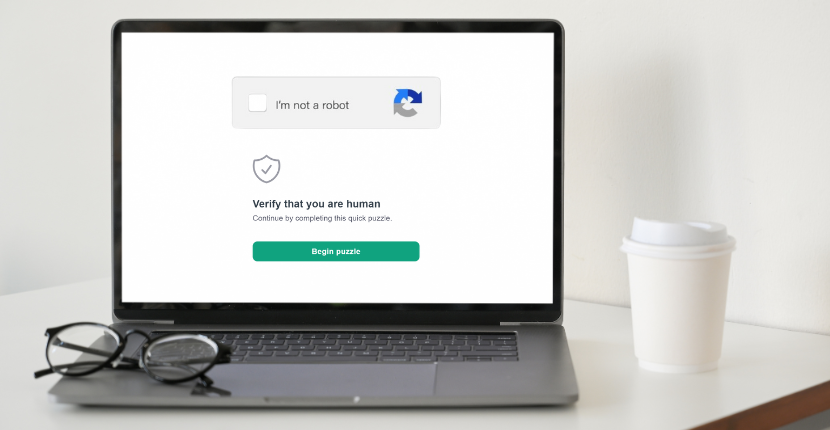Google Ad CPC Inflation in 2025
Google ad CPCs are rising in 2025. Get the details on how much ad costs have increased and see how it could be impacting your ad strategy.

Digital marketing costs can fluctuate, especially as the global economy changes. One trend advertisers are seeing this year is Google ad CPC inflation. Understanding this trend is crucial for automotive dealers. As costs change, one must evaluate the impact on expected outcomes and performance benchmarks. This article will delve into why Google Ad CPC inflation is happening, Google ads pricing trends, and strategies to manage advertising costs.
Understanding Google Ad CPC Inflation
A Google Ad CPC, or Cost-Per-Click, is the amount advertisers pay when users click their ads. In 2025, advertisers have seen increases in this across industries, including automotive. This inflation means higher costs to reach potential customers, thus a lower amount of results for the same budget. However, have performance targets decreased to account for this? Probably not. So dealers must spend more to maintain outcomes or adjust their advertising strategy.
The Current State of Google Ad CPC Inflation
Search Engine Land reviewed both Alphabet’s prior year data as well as their own client account data. They found that the average annual CPC increase from Google’s reports from 2019-2024 was 2.33%. However, when they assessed their own data, across industries, compared to this year they found an average CPC increase of 11.75%.
Automotive Internet Media has also seen rising Google CPC costs for search campaigns in 2025.
Factors Driving Google Ad CPC Inflation
Several factors contribute to Google Ad CPC inflation. Increased competition for keywords and search volume is a major driver. Economic factors, such as general inflation, impact advertising budgets. Finally, changes in Google’s own algorithms and ad formats can affect bidding, further altering ad pricing.
These dynamics influence how costs fluctuate, making it vital for automotive dealers to stay updated and agile in their strategies.
Impact on Automotive Dealers
Automotive dealers are already feeling the pressure of looming tariffs and rising advertising costs are just a further challenge for dealerships in 2025. If a dealer heavily relies on Google to drive advertising traffic then Google CPC inflation is definitely affecting results.
How should a dealer navigate these challenges?
One way is to diversify their advertising strategy. Advertising on additional channels can help with efficiency. Specifically adding in a product like CarClicks that sends quality in-market shoppers to dealer inventory at a lower cost than most Google clicks is a successful approach. CarClicks is a great addition to a dealer’s marketing strategy, especially in times they need to further maximize ROI.
Conclusion: Staying Competitive in the Digital Economy
Understanding Google ad CPC inflation is crucial for dealerships to maximize their digital marketing budgets. By adopting strategic approaches, dealers can optimize costs effectively as the market changes and drive better results – even as costs increase.



